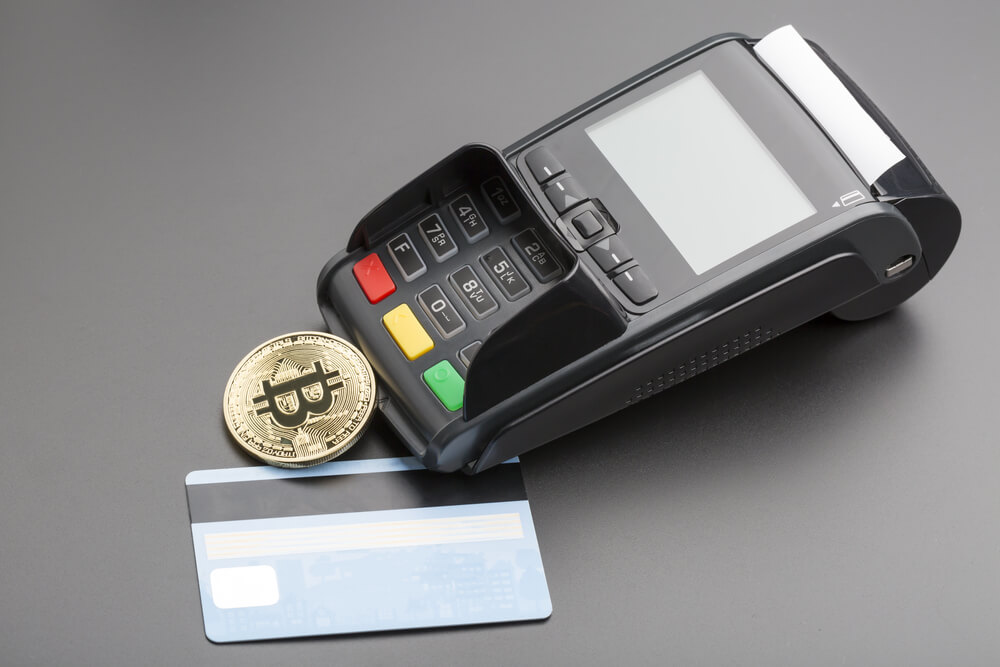Indian Card Scam (Ab)uses Bitcoin

An international crime syndicate that siphoned money from ATM machines via cloned debit and credit cards was busted by authorities in India. Investigations revealed that the stolen cash was converted to bitcoin before being dispersed to members of the crime syndicate.
An international crime racket involving key members in India and the United Arab Emirates was busted by Indian authorities. The criminal activity saw cloned cards stealing money from ATMs in various locations across India, the Times of India reports.
Eventually, the stolen money was converted to bitcoin before being transferred to the kingpin of the operation in Dubai, where the alleged kingpin – ‘Sheikh’, swapped the bitcoins back to the local currency.
Incidentally, one of the accused members of the operation was the operations manager of a prominent bitcoin exchange in India.
The Racket
The crime syndicate operated in several states across India by using the cloned cards to siphon money out of victims’ accounts. While investigating the crime, an early arrest revealed that the operators used over 20 cloned cards in various Indian states. It was also revealed that the money was transferred from India to Dubai through a ‘hawala’ operator.
A ‘hawala’ operator is essentially an informal facilitator of money transfers who operates with a network of other similar operators as a means to work around the banking system.
Fundamentally, one approaches a hawala to transfer funds to a different country. The operator then instructs his associate in the relevant location to make the final payout to the recipient. The traditional system exists in South Asian and Arab countries.
Including a Bitcoin Expert
Following multiple red flags from different states, law enforcement authorities in Mumbai, India, were received a tip that pointed toward a hawala operator in Delhi. This operator, turned out to be Pankaj Bhardwaj, who was the operations manager at Coinsecure, a bitcoin trading firm.
Bhardwaj was promptly arrested and confessed to sending ₹300,000 (approx. $45,000) in bitcoins toover the past six months to Sheikh in Dubai.
In a statement today via its blog, Coinsecure revealed that Bharadwaj has been relieved from his position from the company. Furthermore, the exchange confirmed that the Bharadwaj’s illegal activities did not see any involvement with the company.
Pankaj was a key part of our growing team as he handled several of our operational challenges. As an automated trading platform, we did not require to harness his trading skills.
While Pankaj, had an impeccable reputation in terms of his integrity in trades, it has recently been established that he has been involved in several trades that were subject to question. Post a brief absence, we found out through media sources that Pankaj was in question for these trades by the authorities.
These trades were done on his personal front with no involvement with the company and that has been ascertained by the authorities.
While cash trades and questionable outcomes can be attempted with Bitcoin, the cost is always decided by the person indulging this technology. While, acknowledging Pankaj’s contribution to the growth of Bitcoin in India, we as a company have removed him from his position at Coinsecure.
This is to enforce our commitment towards maintaining our responsibility towards a clean and progressive Bitcoin system for India.
Bitcoin’s Reputation in India
While the news unquestionably brings the spotlight back on Bitcoin’s role in criminal enterprise, it is notable that the use of bitcoin in India is not illegal, despite several questions raised toward such speculation in the past.
A rapidly growing economy with one of the world’s youngest populations and a tech-saavy generation, brings with it, the necessary ingredients for Bitcoin interest and adoption in hugely populated country.
In 2013, the Reserve Bank of India (RBI) had cautioned the country against the use of Bitcoin and regulatory measures are the inherent threat to the cryptocurrency. However, that stance has softened following Bitcoin’s controversial past in India. Late 2014 saw the RBI’s chief claim that “Bitcoin was fascinating,” while adding that the future will be one of a cashless society.
In recent times, Indian bitcoin startups like Zebpay are looking to tap into the market by raising $1 million in a round of funding to promote the cryptocurrency within the country of over a billion people.
The RBI’s Role
The RBI imposes strict rules on fiat transactions in India. For instance, every transaction – toward a merchant, a bank transfer, an online payment etc – requires a one-time password, a similar security feature like two-factor authentication, to authenticate the transfer before the settlement.
Uber faced a significant hurdle in entering the Indian market due to this very reason, as a company that allowed instant card transfers as payments from its users to the drivers. It’s also one of the reasons that Netflix, another global company that recently entered India, might be looking at Bitcoin as an instant, permission-less mode of payment.
Altogether, it is notable cloned cards dealing with fiat currency was the foundation of the ‘bitcoin-related’ crime. Following the day’s cautionary tale, better security measures to safeguard fiat currency rather than imposing controls over bitcoin, might be the way forward.
Featured image from Shutterstock.